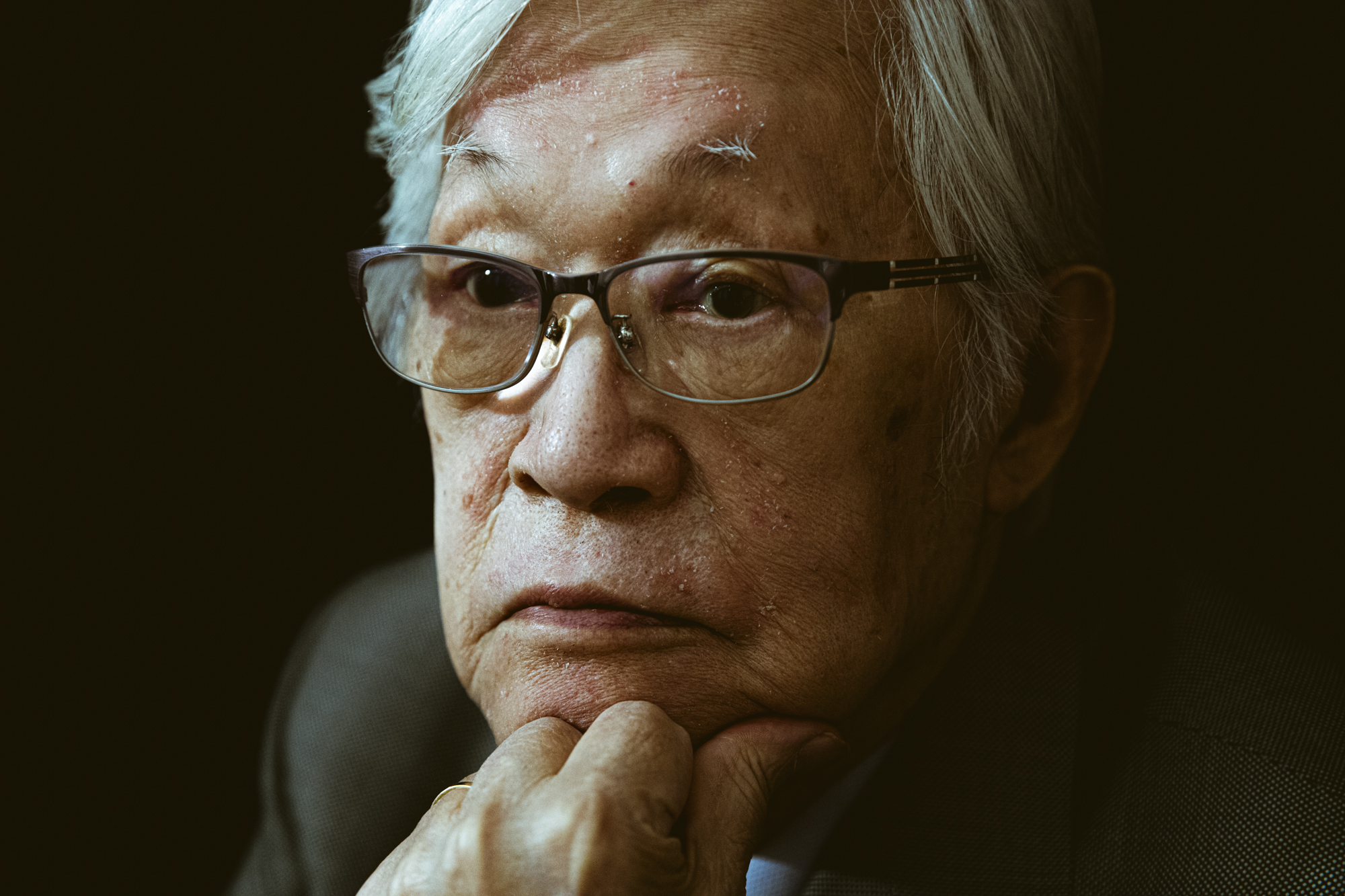
"Directed by Terasaki Mizuho, "Journey into Sato Tadao" is a biographical portrait that makes the case for Tadao as one of Japan's most important film critics. The film is loosely structured around Terasaki's journey to the state of Kerala in southern India, where she seeks out the people behind Sato's "actual" favorite film, "Kumatty" (1979), by director G. Aravindan. The quotation marks originate from a sequence early on in the doc, in which Sato-who died in 2022, but appears in footage Terasaki shot before his passing-says that he has two answers ready for when someone asks him his favorite film: A respectable one, and a real one."
"Later in the film. Terasaki and her crew also travel to South Korea to interview Sato's friends and colleagues there, part of a larger discussion about film critics as cultural ambassadors who can make real, material changes in filmmakers' lives by advocating for them abroad. (I'd argue that it's one of the nobler functions of film criticism as a profession, and something I'd ideally hope to accomplish by writing about the films I see here in Tokyo.) For Sato, this relationship went two ways: not only did he write about Japanese films for foreign readers like Roger Ebert, but he also played a big role in popularizing Indian and South Korean cinema in Japan."
Directed by Terasaki Mizuho, Journey into Sato Tadao offers a biographical portrait that positions Sato Tadao as a major Japanese film critic. The filmmaker travels to Kerala to meet people connected to Sato's declared "actual" favorite film, Kumatty (1979), and visits South Korea to interview Sato's friends and colleagues. Sato appears in pre-2022 footage and explains he keeps two answers for his favorite film: a respectable one and a real one. Sato wrote for foreign readers and actively helped popularize Indian and South Korean cinema in Japan, functioning as a cultural ambassador.
Read at Roger Ebert
Unable to calculate read time
Collection
[
|
...
]